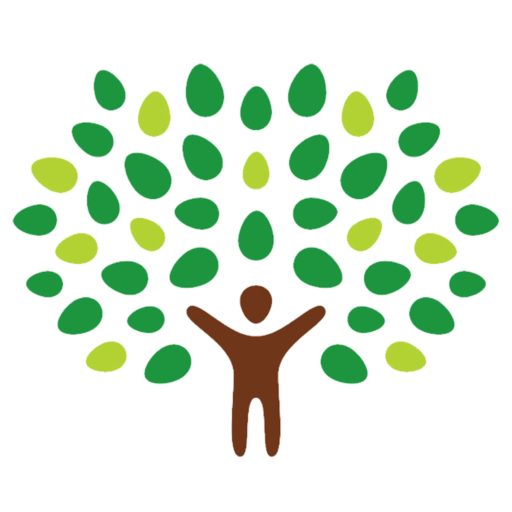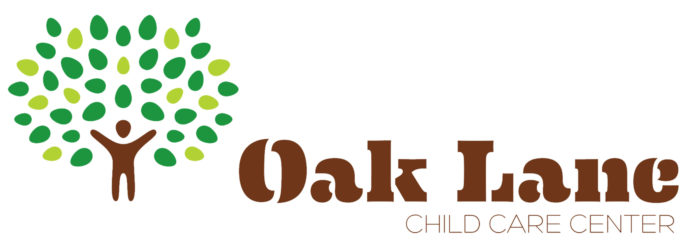Our Curriculum
The well-educated staff provides a stimulating environment for the children to develop and learn. The head teachers plan weekly themes such as: transportation, weather, health, and restaurants – to encourage the children to explore and learn the big world through creative interactive play. Our curriculum is developmentally appropriate. It is based on what is known about how children develop and learn. Young children need concrete, hands-on experiences and lots of time to explore along with knowledgeable adults to facilitate their learning:
- They learn about cause and effect by mixing red and yellow paint to get orange, by raising caterpillars to be butterflies, by watching behaviors of others and talking about the consequences.
- They learn about seriation by building with blocks, playing with Cuisenaire rods and acting out stories.
- They learn about sequencing by cooking, getting dressed, repeating daily routines and observing the seasonal changes.
- They learn about comparing and contrasting by singing quietly and softly, by packing a snowball with and without mittens and by celebrating different holidays.
- They learn about classifying by sorting buttons, by finding a seat at the snack table or a place in line and by making collections.
- They learn about physics by watching snow melting in the water table, balancing on the beam, swinging on the swing and running down the hill.
- They learn about botany by collecting fall leaves, examining seeds and planting flowers.
- They learn about zoology by studying the butterfly, examining bugs through a magnifying glass and meeting with the naturalist.
- They learn about sociology by rehearsing adult roles in the housekeeping corner, learning about families and communities, adjusting to being part of the group and making and keeping friends.
- They develop eye-hand coordination by climbing ladders, pouring juice, turning pages in a book, coloring, cutting and painting.
- They learn various ways in which to paint. They learn to recognize various musical instruments and the joy of singing. They learn the difference between a hop and a jump. They learn the satisfaction of a job well done.
- They learn to employ new words and complex syntax, to be patient, to ask questions, to listen to answers, to share, to understand that is all right to make mistakes and to be silly.
- They learn that learning is fun and that childhood is a journey-not a race.
The teachers bring their knowledge of child development and their experience in working with children to the classroom. It is their responsibility to collect information regarding each child’s progress, document what the children know and use the data to design learner-centered environments and plan effective strategies for implementing the curriculum.
Our teachers’ classroom activities are supplemented by visits from specialists such as Mandarin language specialist, a Music teacher, and Mad Science. In addition, our teachers work collaboratively with educational consultants that may be assigned to a child who has been identified as having special needs.

